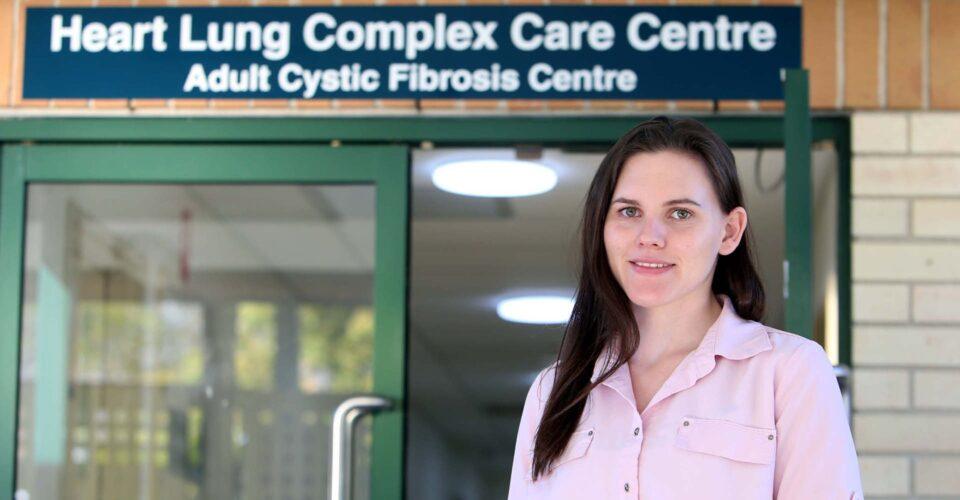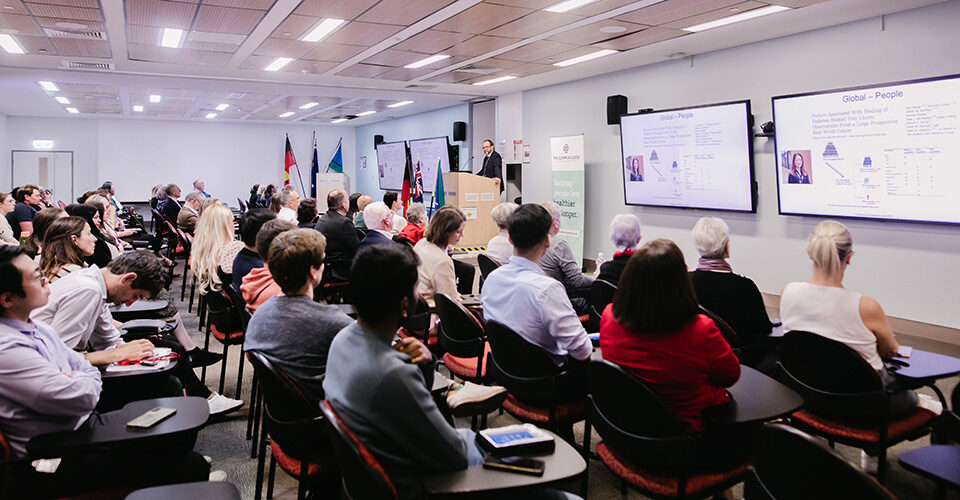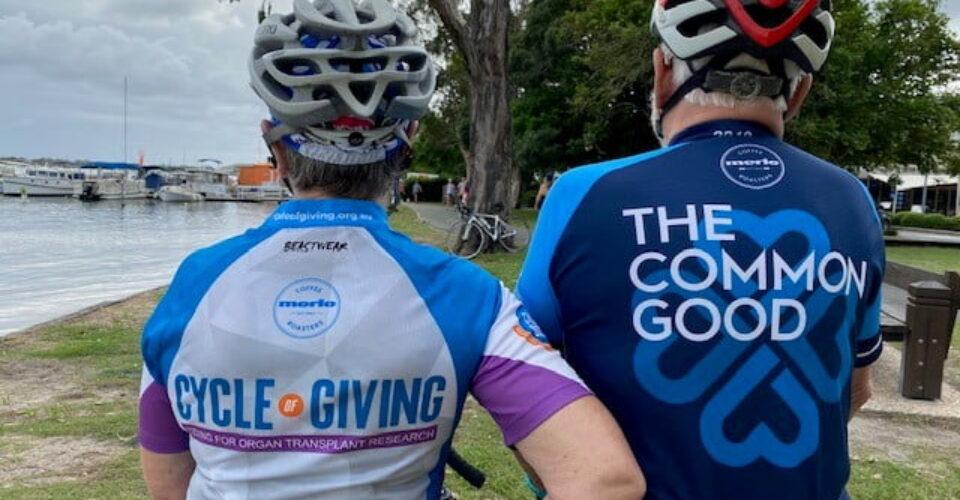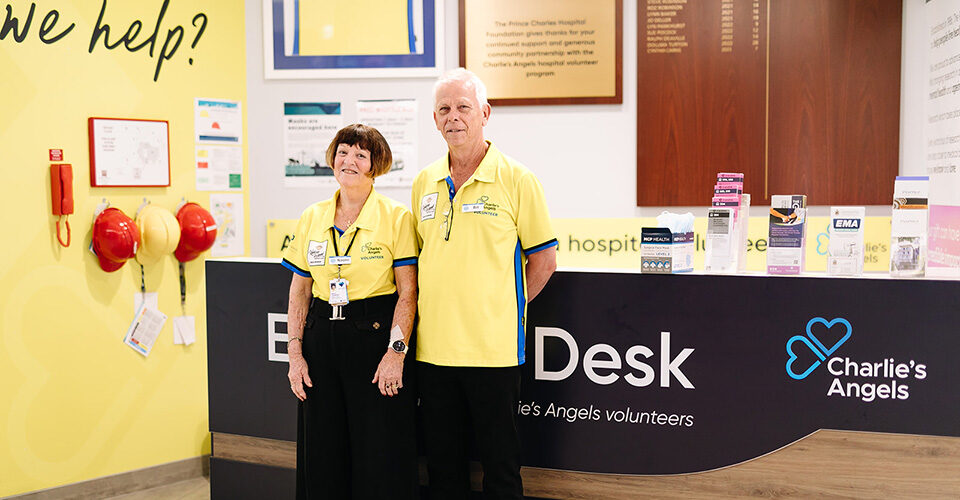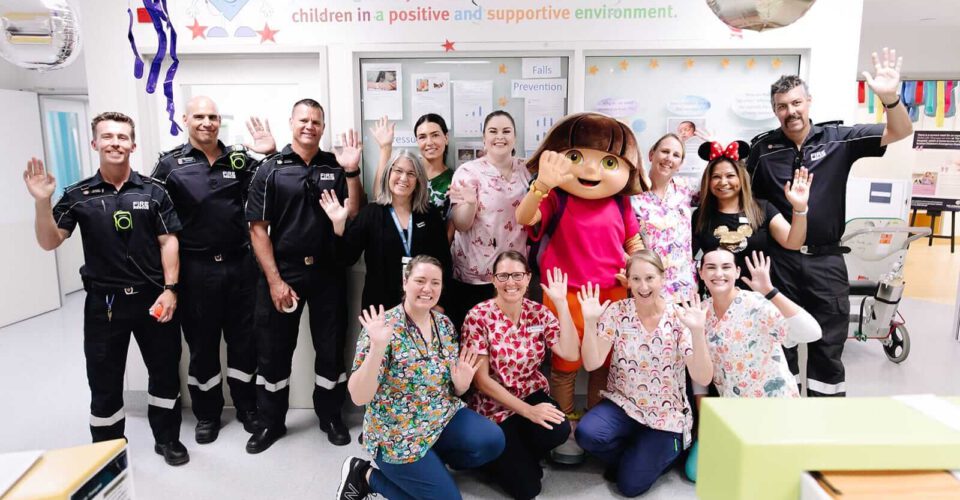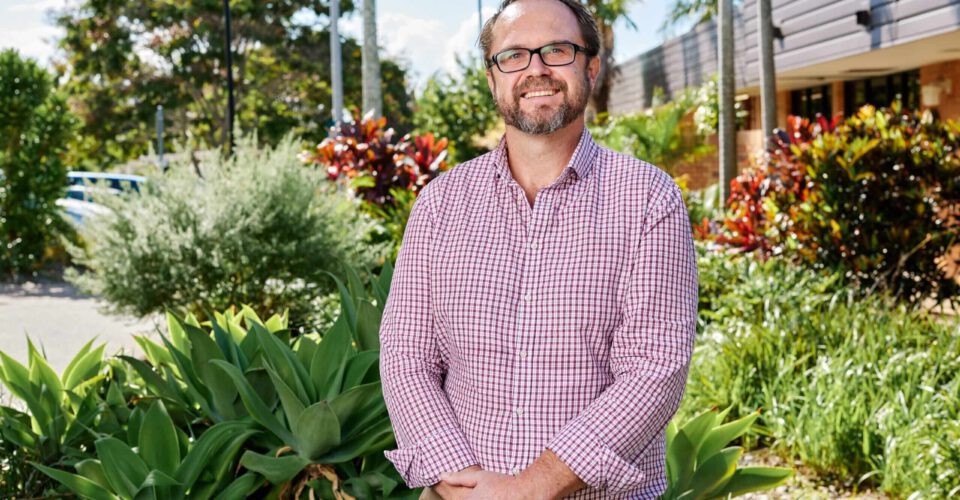If you don’t know anyone with a chronic lung disease such as cystic fibrosis or emphysema, you may not understand the full impact of these lung diseases on everyday life. Most patients have to undergo thorough and intensive regimes to keep their lungs in working condition; being careful to not get sick, taking dozens of medications and sticking to specially designed diets.
In addition to this, the already debilitating diseases can wreak havoc when it “flares up”. Patients are often hospitalised due to exacerbation of symptoms. If the exacerbation isn’t caught early enough, the results can be devastating and even fatal.
So, what if we could predict when a chronic lung disease patient was going to have a flare up? What if there was a way of measuring and treating the disease so these exacerbations could be avoided? That is exactly what researcher Abella Murray aims to do. By studying immune cell numbers in patients suffering from a chronic airway disease (CAD), she hopes to develop a way to predict the onset of an exacerbation.
If flare ups of CADs can be predicted, patients would be able to get the treatment they need before they have to suffer through the effects of an exacerbation. It also hopes to reduce the need for patients to be put on extremely strong medication, which in turn exposes them to a number of side effects.
The success of this project will lead to improved quality of care and reduced side effects for people with CADs, as well as reduce the number of people who fall seriously ill or die from these debilitating diseases.
Support The Common Good here.
